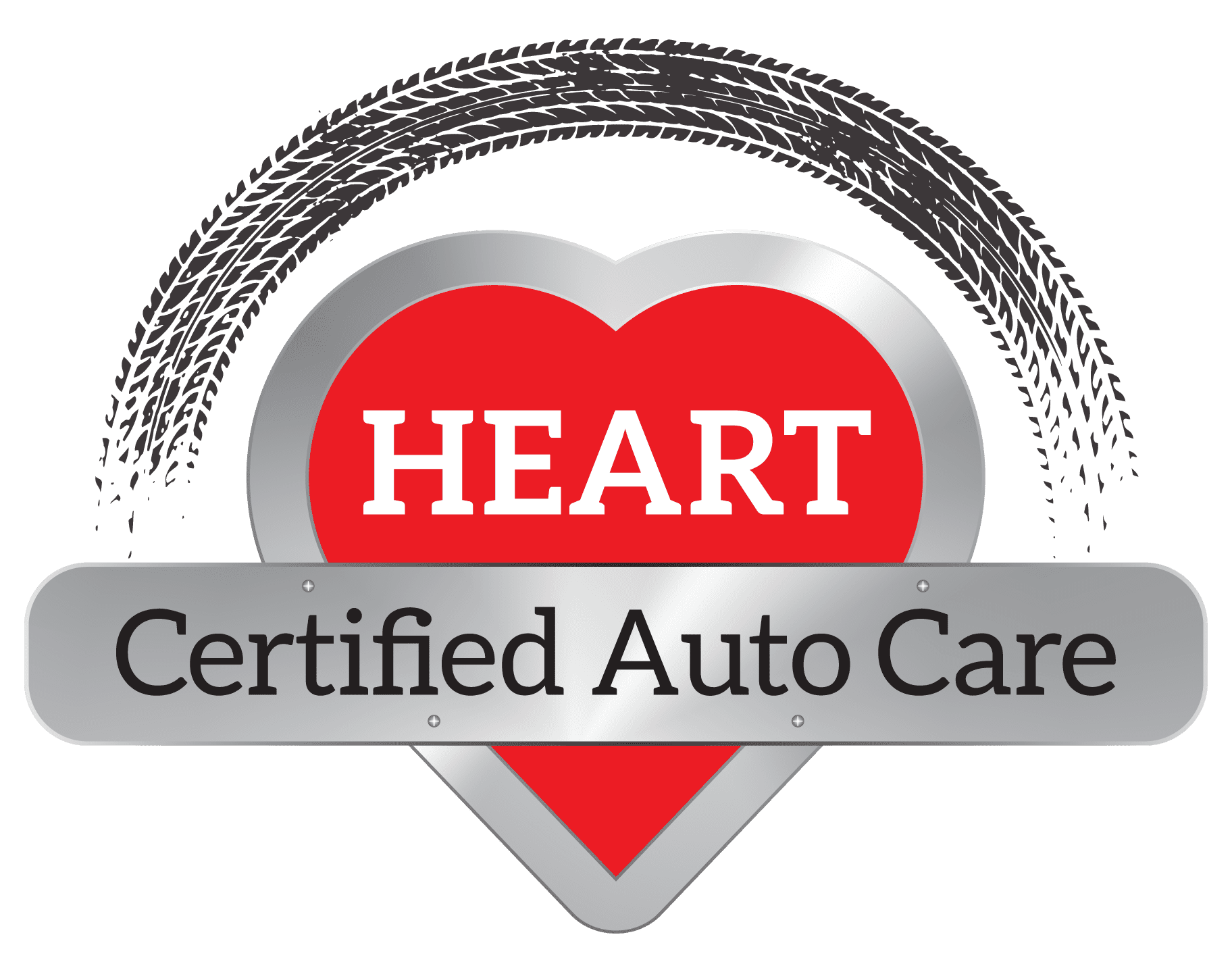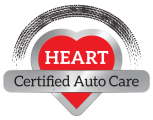Everyone looks for ways to save money on gas. And you can, easily, by following these ten ways to use less gas, decrease emissions, and increase fuel efficiency.
Don’t Accelerate Too Fast
Accelerating quickly is a terrible waste of gas. To save gas, accelerate slowly and steadily. One method of saving gas for automatic cars is to go from 0-15 mph in 5 seconds, rather than flooring it to go as fast as possible as fast as possible. If you have a manual transmission, shift into second gear at 5 mph to 15 mph, into third gear at 15 mph to 30 mph, into fourth gear at 30 mph to 40 mph, and into fifth gear at over 40 mph.
Steady Speed Wins the Fuel Efficiency Race
You can save 20% of your fuel if you accelerate and decelerate consistently. Resist braking unnecessarily or abruptly, and use cruise control while cruising down the highway.
Drive Slower
Driving slower reduces fuel consumption. For example, reducing your speed from 65 to 55 mph on the highway conserves about 15% of your fuel. Plus, driving slower often means driving safer.
Don’t Slam on Your Brakes
Sudden braking wastes fuel. Sometimes it’s necessary, but you should avoid it except under those circumstances. Not only does it strain the brakes and tires, which leads to costly repairs, but it suddenly cuts off your engine’s fuel supply, decreasing efficient burning. The best practice for braking it to coast to a stop.
Don’t Idle
In addition to releasing harmful emissions and using fuel unnecessarily, idling can lead to degradation of your car engine’s internal components, like the fuel injector.
Avoid Heavy Traffic
No one likes heavy traffic, and especially not your car, which has to stop and go, stop and go — it’s a terrible strain on your car’s engine. If possible, avoid rush hour and other heavy traffic times, and combine small errand runs into a larger errand trip. This change will free up your time and save on fuel, too! It’s a winning combination!
Keep your Tires Properly Inflated
We’ve devoted a best practices to tires, but it’s worth repeating here: keeping your tires properly inflated improves fuel efficiency, saving you money and reducing emissions of air pollutants.
Change Your Oil Regularly
An oil change is one of the easiest and most affordable ways to save on fuel. Not only does fuel mileage increase when your oil is changed on schedule, but it keeps your car engine in good shape. If you need a trusted place for an oil change, stop by HEART Certified Auto Care: we’ll restore your faith in auto care.
Clean your Car’s Fuel System
Burning fuel produces residue and debris that can clog your engine, reducing fuel efficiency, and straining your spark plugs. Cleaning your fuel injector system periodically helps remove fuel build up and deposits, clears the intake valves and cylinder heads, and flushes out the entire fuel system. This process ensures your car performs efficiently, extends the life of your car’s engine, and increases fuel efficiency.
Check your Car’s Air Filter
A clogged or dirty air filter strains your engine, leading to increased fuel usage. To make sure your engine’s running efficiently, stop by HEART Certified Auto Care today! For more fuel saving tips and all other car repair questions, call or stop by HEART today. We have three convenient locations in Chicagoland—Wilmette, Evanston, and Northbrook.







